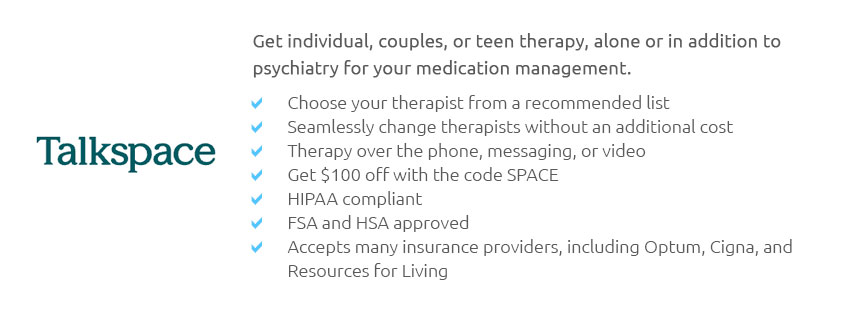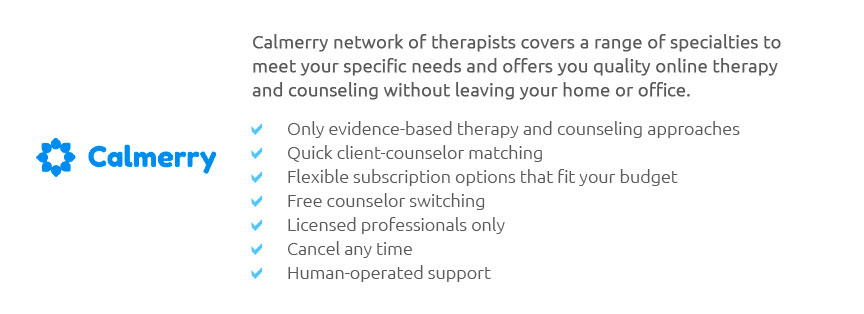 |
 |
 |
|---|
 |
 |
|---|
 |
|
|---|---|
 |
 |
 |
 |
 |
 |
 |
 |
 |
 |
 |
 |
 |
 |
 |
 |
|---|
How to Get Someone to Go to Therapy: Expert Tips and AdviceEncouraging someone to seek therapy can be challenging but incredibly beneficial for their mental health and overall well-being. In this guide, we provide practical advice to help you navigate this sensitive topic effectively. Understanding the Importance of TherapyTherapy can be a transformative experience, offering individuals a safe space to explore their thoughts and emotions. It's crucial to communicate this understanding to the person you are encouraging. Benefits of Therapy
Approaching the TopicWhen you decide to talk about therapy, it is important to approach the conversation with empathy and understanding. Choosing the Right TimeSelect a moment when both of you are calm and free from distractions. This ensures that the conversation can be open and honest. Using Positive LanguageFrame therapy as a positive step towards better mental health rather than a necessity. Highlight the potential benefits and avoid sounding critical. For couples considering therapy, options like couples therapy in Salisbury, MD can be a valuable resource. Addressing Common ConcernsMany people have reservations about starting therapy. Addressing these concerns can help ease their anxiety. Debunking Myths
If you're in the Spartanburg area, consider exploring services like Westgate Family Therapy in Spartanburg, SC for flexible and comprehensive support. Supporting Their DecisionOnce they agree to consider therapy, your support can make the transition smoother. Offering AssistanceHelp them research therapists, schedule appointments, or even accompany them to the first session if they desire. FAQ
Encouraging someone to go to therapy requires patience, understanding, and a supportive approach. By being empathetic and well-informed, you can guide them towards making a positive change in their lives. https://www.firstsession.com/resources/how-to-convince-or-encourage-someone-to-go-to-therapy
Approaching the Topic Tactfully - Creating the time and place for the conversation, i.e. inviting them on a walk, or to sit with you for tea or ... https://www.nami.org/Blogs/NAMI-Blog/November-2017/How-to-Encourage-Someone-to-See-a-Therapist
How to Encourage Someone to See a Therapist - Show Support - Be Sensitive to Timing and Place - Prepare for Resistance - Offer to Help. https://www.psychologytoday.com/us/basics/therapy/how-can-i-convince-someone-go-therapy
1. Choose the right time. Pick a time when the person is likely to be receptive. For example, don't pounce as soon as they wake up or walk in after work.
|
|---|